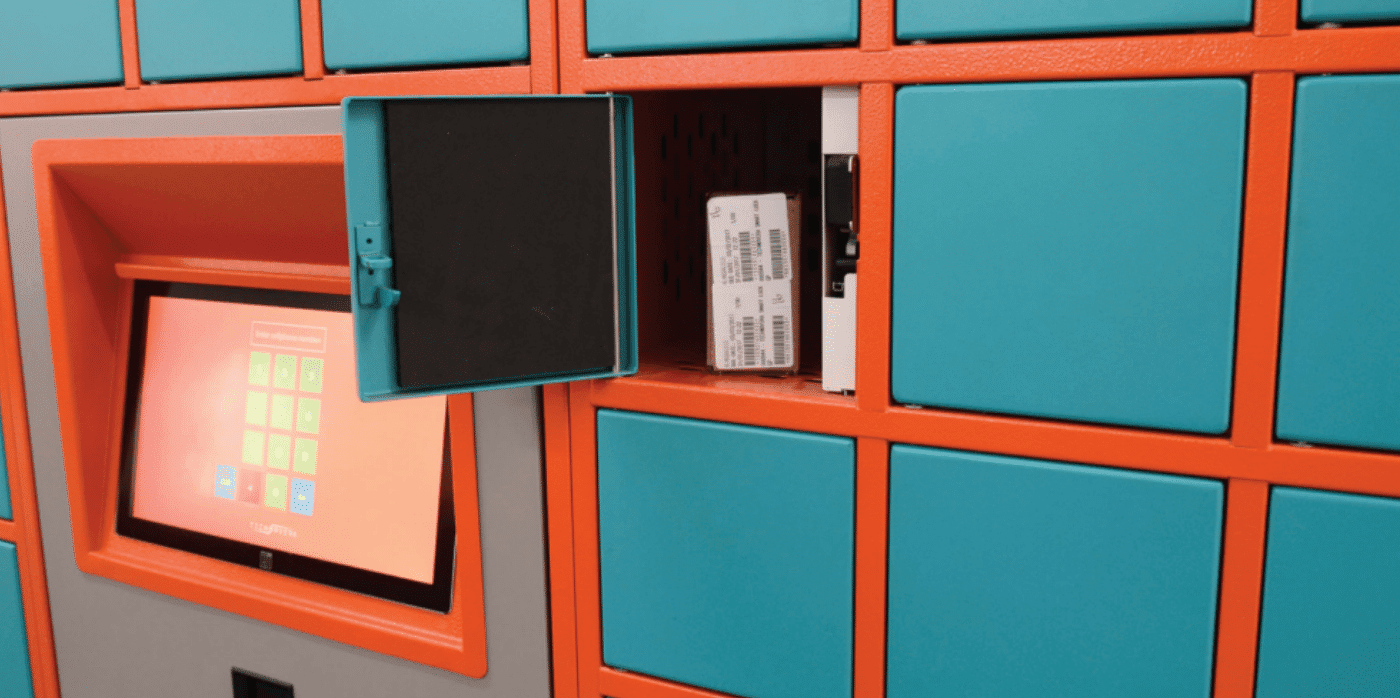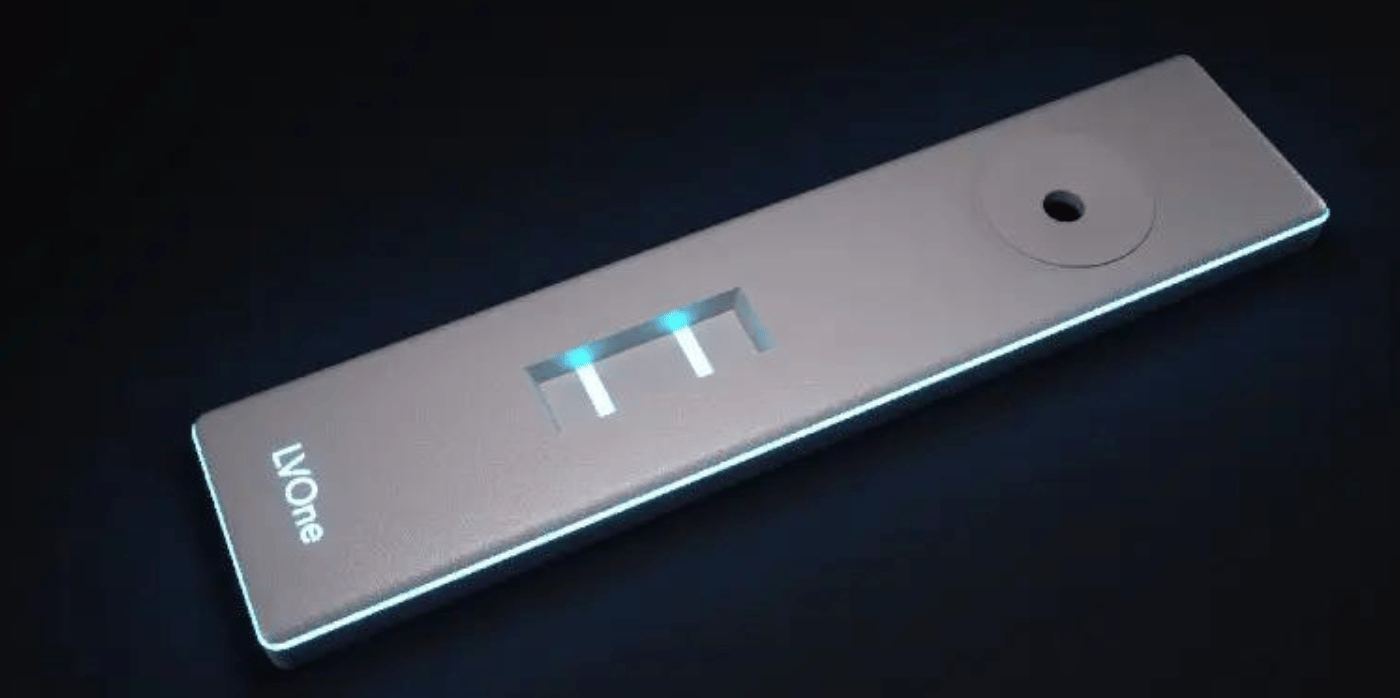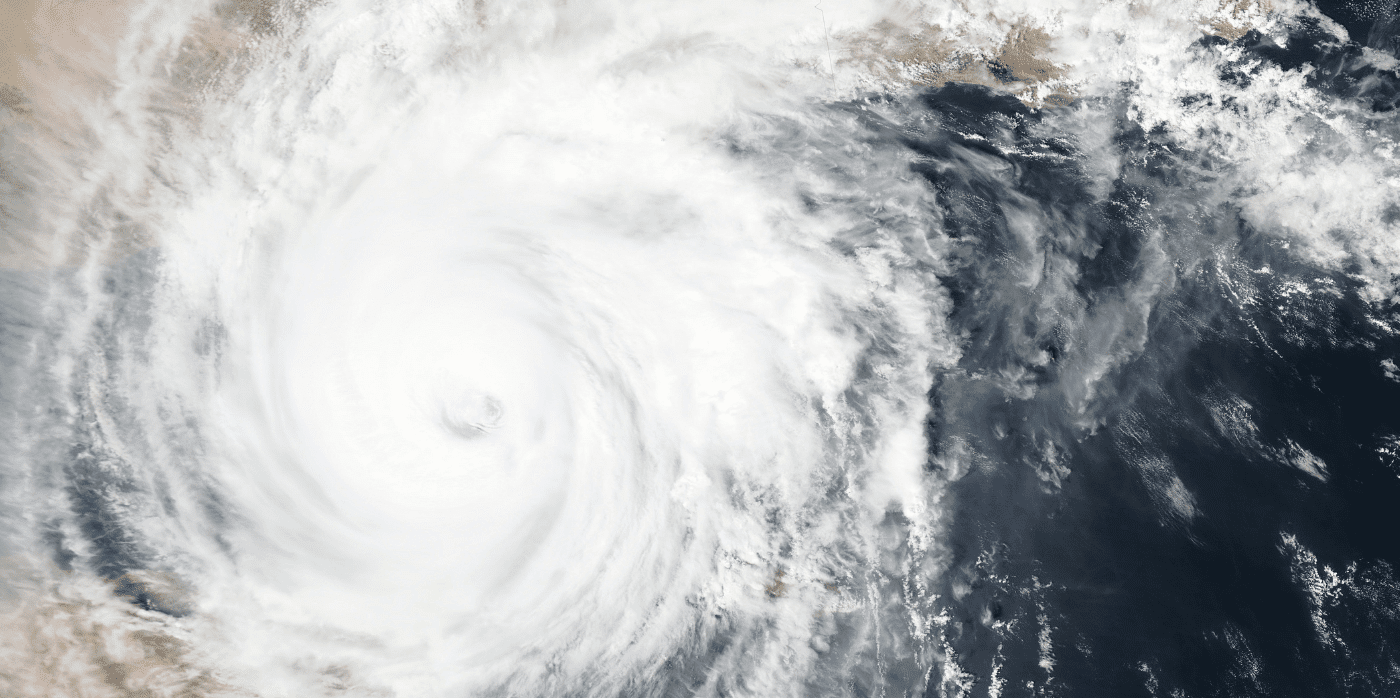Smart lockers let patients pick up their medication in minutes

Spotted: The World Health Organization predicts that the healthcare staff shortage experienced across the African continent will worsen by 2030. A long-standing problem, staff shortages have been exacerbated by rapid population growth alongside economic advancement, and experts recommend strengthening training programmes and governance of the workforce in order to improve the situation. While systemic change, like South Africa’s creation of national health insurance, slowly moves ahead, innovators are creating meaningful improvements to improve access to medication now.
Pelebox smart lockers from healthcare technology company Technovera are a new way of accessing prescription refills far quicker than the current standard. Designed to help patients with chronic conditions that require regular prescription refills, the Internet-of-Things-enabled (IoT) smart lockers use a one-time pin to identify individuals and dispense the correct medication.
Patients enrol in the local clinic’s refill programme and receive the pin when their refill is available. This allows people to avoid waiting up to three and a half hours at a clinic to receive their prescription. Such long waits often entail taking time off work and cause frustration both to patients and healthcare professionals. Additionally, the modular design of the smart lockers makes them well-suited to installation in high foot traffic zones such as shopping malls and transit hubs, thereby making access to healthcare services even more convenient for thousands of people.
With South Africa seeing a rapid increase in the number of patients needing treatment for non-communicable diseases, on-demand access to medication makes it easier for people to complete a full treatment schedule. Patients receive their medicine at a time that is convenient for them, rather than having to choose between travelling and waiting or not seeking care at all.
Advancements in technology are transforming the healthcare industry, with Springwise’s database including examples like an AI-powered cancer scan platform and a new last-mile delivery service that brings pharmaceutical products to customers’ doors while maintaining full privacy.
Written By: Keely Khoury





